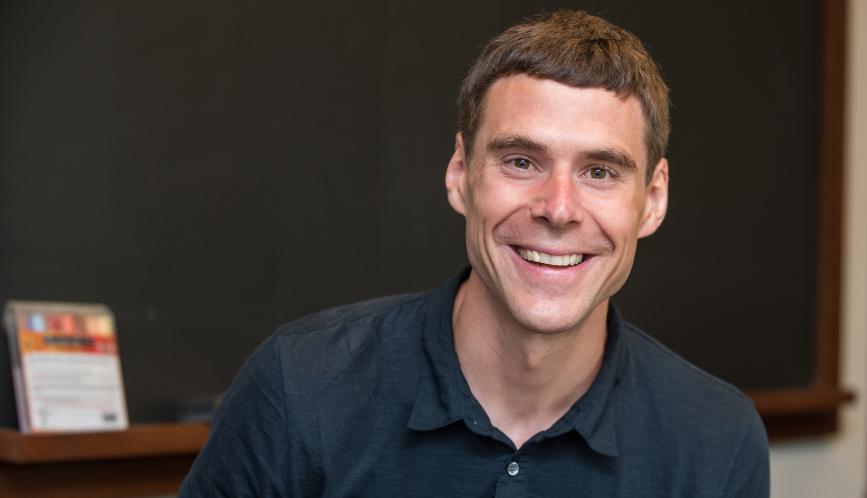MIP network member Nathaniel Hendren’s research focuses on the intersection of theoretical and empirical work on public economics in a broad range of areas. His recent work with Raj Chetty looks at how growing up in different neighborhoods impacts intergenerational mobility. He is an Assistant Professor of Economics at Harvard University and a Faculty Research Fellow at the National Bureau of Economic Research. He has been a faculty member of HCEO's Summer School on Socioeconomic Inequality Chicago for the past two years.
Please describe your area of study and how it relates to current policy discussions surrounding inequality.
My area of study focuses on a couple different aspects of inequality. The first is really thinking about the costs and the consequences of government policies that try to mitigate or deal with inequality, and thinking about how the government should think about the costs and benefits of those policies. The second aspect of my work does a deeper dive looking at the role of place, and thinking about the impact of where you grew up on generating inequality and, in particular, intergenerational inequality.
What areas in the study of inequality are most in need of new research?
I think there’s so many different areas. We think the baseline models that existed for 30-40 years in economics and we lived in this representative agent world and that was very nice. There were theoretical motivations for doing that. But as we’ve kind of opened up that box and realized, there’s now a lot of different people with different skills, backgrounds, endowments, and that leads to tremendous differences in the effectiveness, the desirability, and the goals of different social policies. So I think the study of inequality should become so important because we went down a road of not putting it into our thinking enough in economics. So I think what areas then become most important for future work, I mean, there’s so many, right? We just started to uncover the role of places in inequality and mobility. I think we still are working through thinking about the fundamental constraints of what generates inequality. To what extent is it differences in skills, differences in the impact of things like trade policies, immigration, and these things that are ripe on the national news at night, are things that we have some evidence on but are still, there’s so much more to do to really understand the causes and consequences of inequality. So I would say, it’s hard to say there’s one area. I mean, if you’re interested in immigration, go study it. If you’re interested in trade policy, go study it. If you’re interested in the costs of redistribution, go study it. If you’re interested in market imperfections and how that generates maybe some more inequality, go study it. The areas have become so ripe I wouldn’t pin everything down on, “Oh, you have to go study this area.” Get excited about something and go study it.
What advice do you have for emerging scholars in your field?
The number one piece of advice I would give is find a topic that you're interested in. There’s a lot of topics out there, there’s many topics that you could hear that other people are interested in. But at the end of the day, the best work, I think, is a topic that maybe somebody else, or maybe the majority of the field, wasn’t really focused on, but you’re passionate about it. And start to understand why you’re passionate about it and then go convince other people that it’s important and learn why. That kind of attitude towards research is something that I think will help with the general motivation that you need to have to execute on a project, of getting up every morning for a year working on a project that you hope will see the light of a day. And if you’re not the one that’s excited about it, that’s the end of that project. For me, I like to think of topics that show up maybe when I’m reading a book or watching TV, something that I’m just curious about and let that curiosity drive your interest. That would be my best advice.



